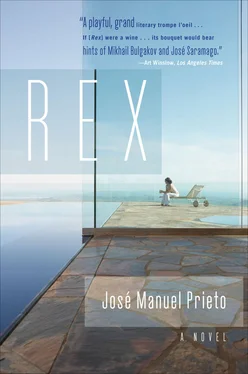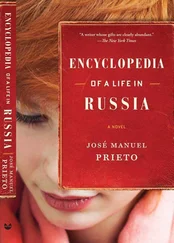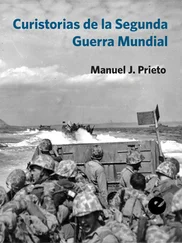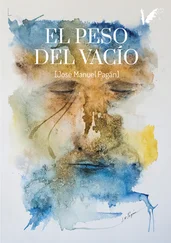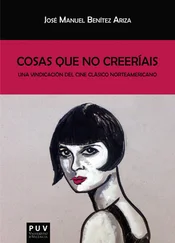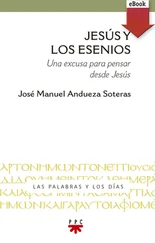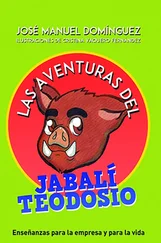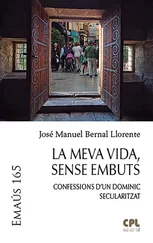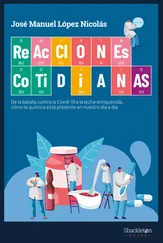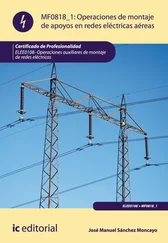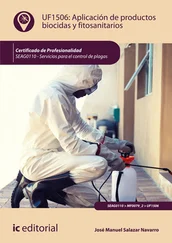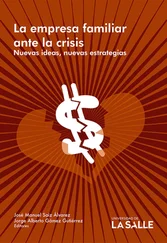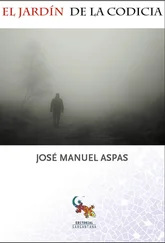3
He rolled this ruse or clumsy deception toward me, your father, like a tumblebug pushing its sphere of dung, like an Amazonian ant with its bubble of wet clay, his iris transfigured, enlarged by excitement, as he scanned my face, waiting for a reaction of understanding or consent to his crude proposal. Only one possible reading here: deception, a trap from which I would never be able to extricate my head and that I would lament for many winters to come, waking up freezing in fifth-rate hotels, wondering, how could I? How could I have accepted his commission that day and fallen into his little trap, descending irremediably, stumbling and bumping into every protrusion all the way down to this hotel room?
A decision that the whole of my life wouldn’t give me sufficient time to regret. That would reach into and permeate each and every one of my future days. And I told him: no.
Of course not. Naturally.
Never would I agree to become the seller of your stones, the corrector, in essence, of your ineptitude, Vasily (thus, in those words).
Ineptitude I’d never heard of a few months ago and to which I have no connection or solid link. Why would I go anywhere near it now? Why would I turn off onto this branch of fate along which I’d have to scurry forever, hiding, giving the slip, a police sketch of my face in every branch of Graff, printed on paper watermarked with the forty-eight facets of a gem?
Who would decide, who on earth would make a plan to swindle the mafia? In what universe did they think they were living? In a membrane universe, whose porous borders would allow them through, loaded down with the millions, and leave Kirpich and Raketa behind on the other side, filtered out as undesirables? Incapable — or so they thought — of reaching them, of passing through the filter? But no: Kirpich and Raketa had sharpened their wits. They, too, had purchased beautiful shirts made of expensive fabrics, refined their manners, learned to move with subtlety, passing through the most minute pores of the West. And if seen, for example, in a hotel lobby speciously studying an airline schedule, they’d never be taken for killers, for individuals with automatic weapons tucked in their breast pockets. Cleanly erased, no longer visible on their faces, the suffering, the grimaces of pain of the frail old men they’d tortured, the tears of the shopgirls whose diminutive kiosks they’d entered and whose friends they’d pretended to be, forcing them to converse for hours and then to make room on their narrow straw mattresses, the money the girls — almost willingly! — gave them bulging in their pockets.
What had made them believe, what had given them the idea, how had they imagined that I could run off to some jeweler pretending to be a young African, an excombatant in one of those conflicts in Africa, pockets full of diamonds from Namibia or Zimbabwe? When it went without saying that I’d be thrown in jail in a heartbeat, no matter how fluently I spoke Spanish. And then no one, never. I’d be abandoned. Nelly wouldn’t come to see me on Wednesdays, say, or Thursdays, in her red dress. Putting her hand on the glass and forming an I love you with her lips. I love you? Yeah, right. (Though she wouldn’t do even that.) On the other hand, I’d be learning all sorts of Arabic words with my new friends from Meknes (in Morocco): hatred, pain, loneliness , and idiot (that’s the one I’d really need). I’d shuffle along in line, holding my dish of soup at belly level and seeing reflected in it, as in a mirror of ink, the luxurious life of 4x4 jeeps they’d still be leading outside, laughing at me, at how stupid I’d been. Had they hired me only for this? The tutoring no more than a pretext?
Lying to me, moreover, during their visits: claiming they were in an identical state of despair, they, too. Though I’d see it all: more money, inexplicably; more jewels, more chokers around her neck, no reduction in Vasily’s production levels, and had they somehow come up with a way of selling them, reached some sort of arrangement with the local mafia? Lying to me in their letters, too: “Dear Psellus, we still haven’t been able to sell anything. I know we owe you (six months’ salary? Six months, Petya!), but for now we can do nothing.” And three more paragraphs of lies. Along the lines of: “We think of you always and if you could only see how well Petya is speaking Spanish now!” (in closing). Things like that, pure falsehood on your mother’s lips, as if Batyk had been speaking through her mouth that day of the interview and from the pages of her letters, always.
And there was this, too, Petya: I couldn’t condemn them, I felt sorry for Kirpich and Raketa. Whom I may well have seen or met in that city, Saint Petersburg, where I, too, once lived. Poor Kirpich and Raketa! Happily going home to their apartments on Pionerskaya or Vasiliostrovskaya, home to their wives, stroking the blond heads of their children, telling themselves before going to bed as I had told myself for many nights: “a good business, this!” Imagining, as I had imagined after a successful sale, the things they would buy with the money: beautiful thick gold chains (though I would never have imagined anything like that), furs for their wives, Nintendos for their children, houses with swimming pools in the South. All the things that Vasily, your father, had bought. All of them imagined with precisely the same bad taste by those gangsters in Saint Petersburg. And the awakening, Petya, the brutal awakening: how they tried to run away in Amsterdam, the two years they’d had to spend in prison, minting traffic lights and finishing them off by hand, while imagining, knowing, with chilling precision, how they would exact their revenge.
I could stop them, their entry into my room. Explain: I understand you, gentlemen. You were foully deceived; it isn’t something I approve of. And me, too, at some point, merchandise in poor condition, a swindle like that. Not comparable, of course, with what was done to you: that moment when I took off my rucksack, loosened its straps, and said: You’ll see, gentlemen, a quality such as you’ve never seen before — only to see nothing, to find nothing in there! But on very rare occasions, the times when, like everyone else in Russia, in 1991, 1992, those years, I sold things, a youthful dilettante, buying a pair of boots in Moscow and selling them in Saint Petersburg, right there in the train station, the difference in price covering the cost of the train ticket. Little things like that, Petya. So now just imagine, see them unfolding the black cloths, the little packets of diamonds, smug as thieves, to discover, with a cry of pain, with a wild beast’s howl, that the stones were counterfeit!
4
Remember how I told you about that movie, The Matrix : how incredible that the Writer could have seen, dozens of years before, the chain of fists, the levitating men, miraculously sustained in the air? Though we are not going to go to the movies; the movies are bad. Consider, for example, the effect that Hollywood has had on your parents (their unbearable bad taste), as well as the fear that terrible scene of the beating in the metro installed in my soul and in my head. Imagining during the nights when I was piously bent over my desk — studying my notes in preparation for our class — your father’s screams of pain and your mother’s cries for help as she ran through the house seeking refuge. While I covered my ears, pretending not to hear. The door of my room wide open to say: me? No sirs, nothing to do with any of that. Come in, I’m the boy’s tutor, just here preparing some classes, reading.
The panic I lived with for many days, the danger that filled the air until one afternoon looking out the window, keeping watch in case the killers were coming, I realized none of it was true. The tree growing out at a far point along the beach, which I hadn’t seen until that day. Crystal clear: their story was made up out of whole cloth, for the manipulative, shady, dirty purpose of making me sell the diamonds.
Читать дальше
